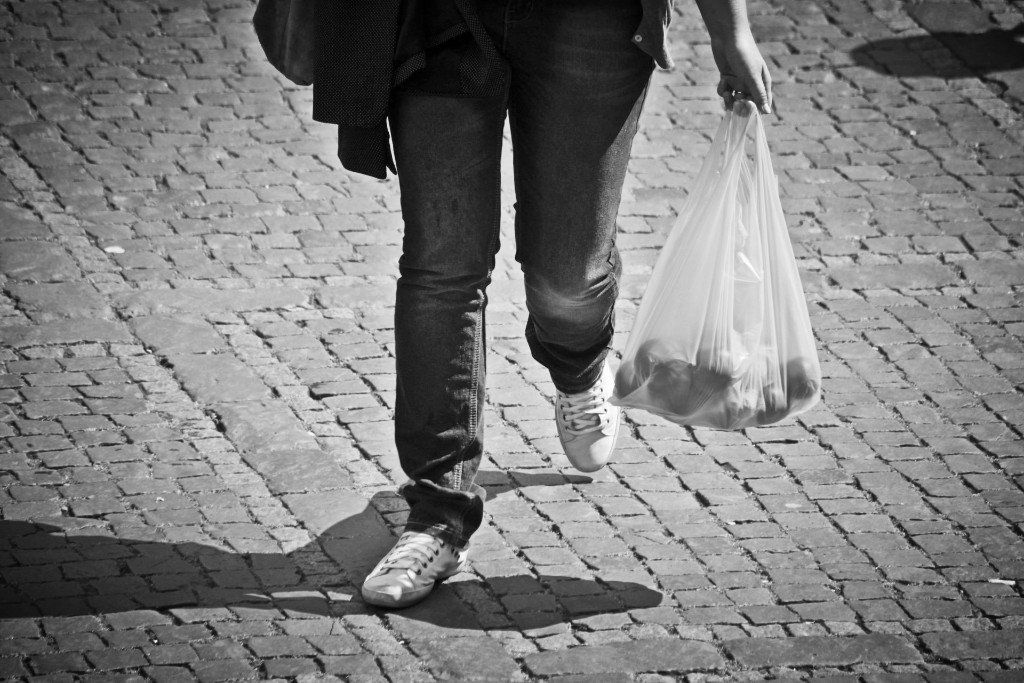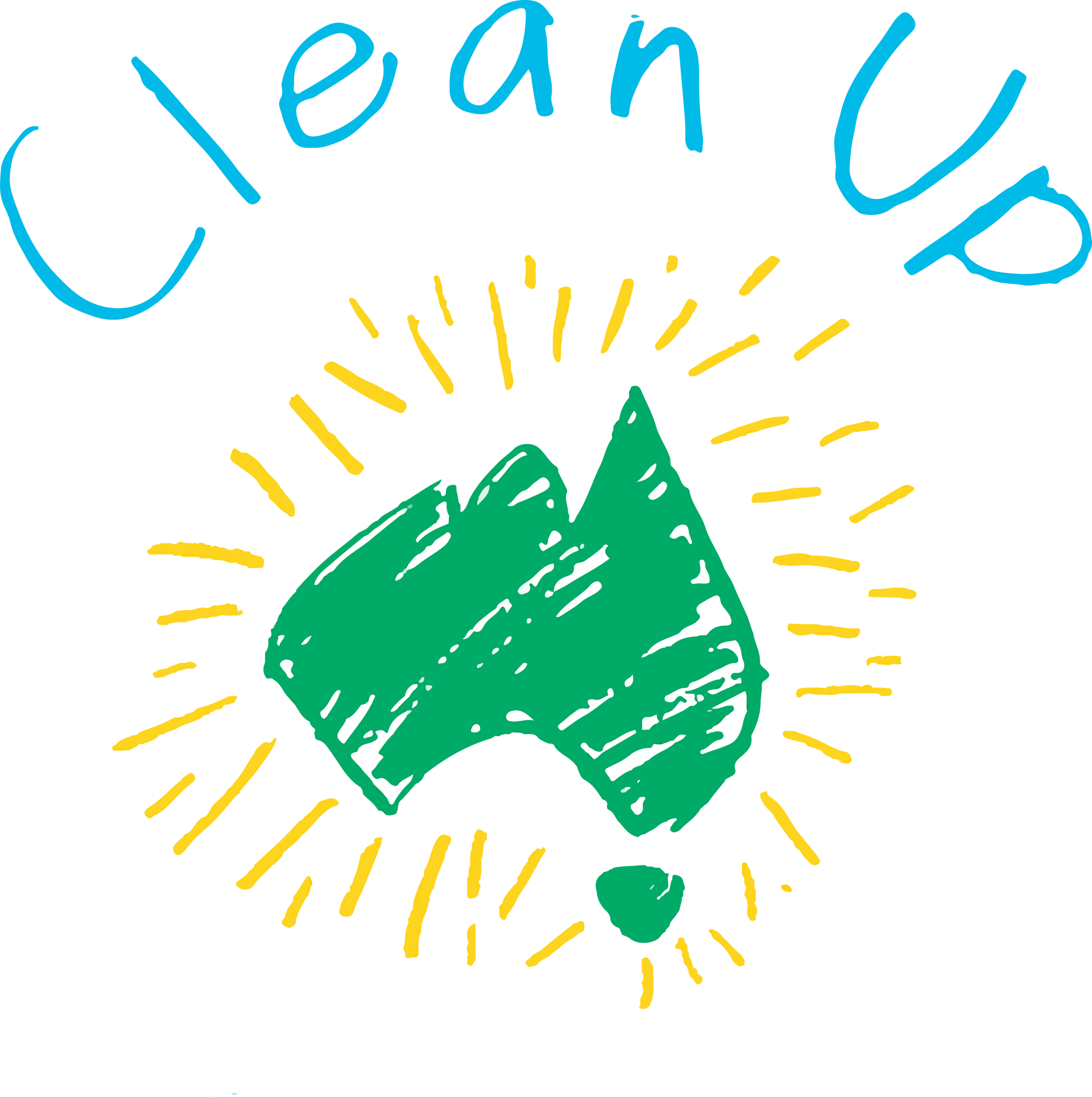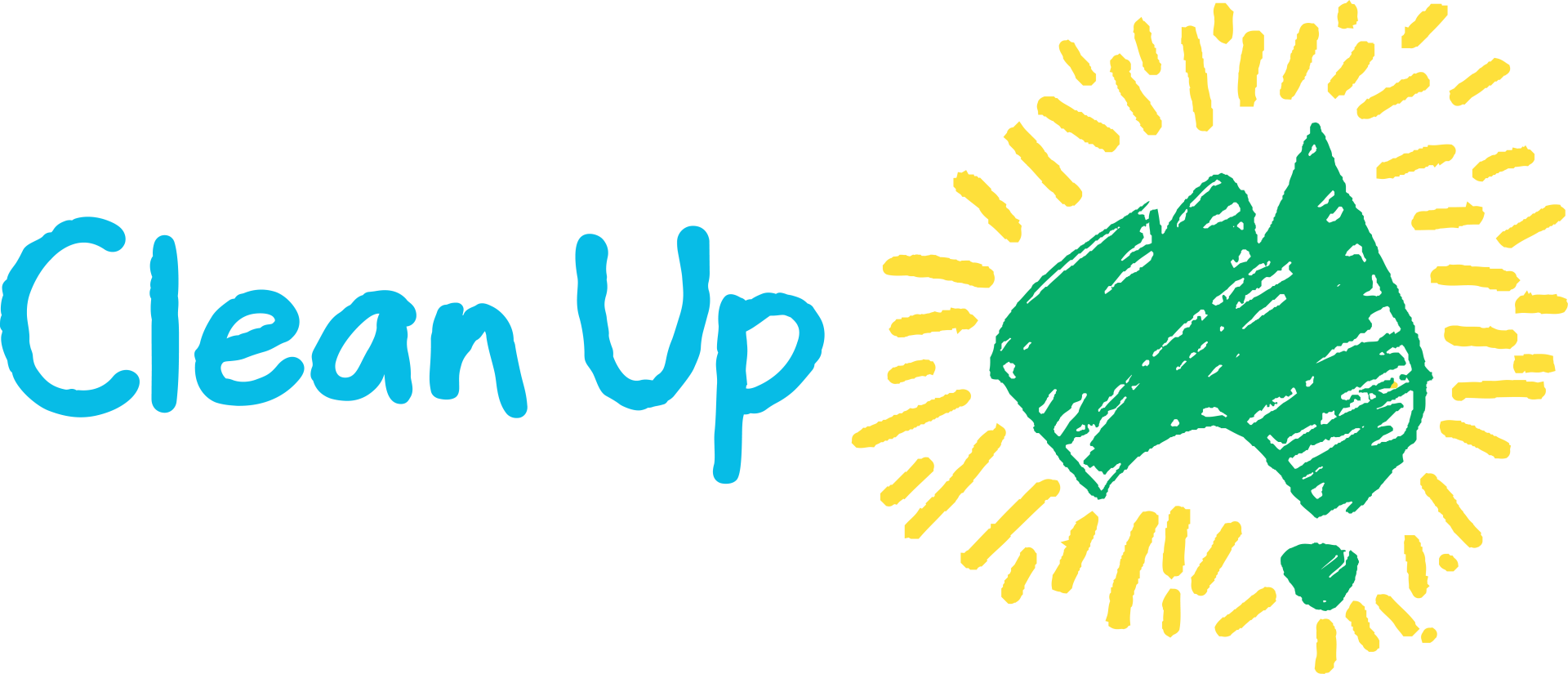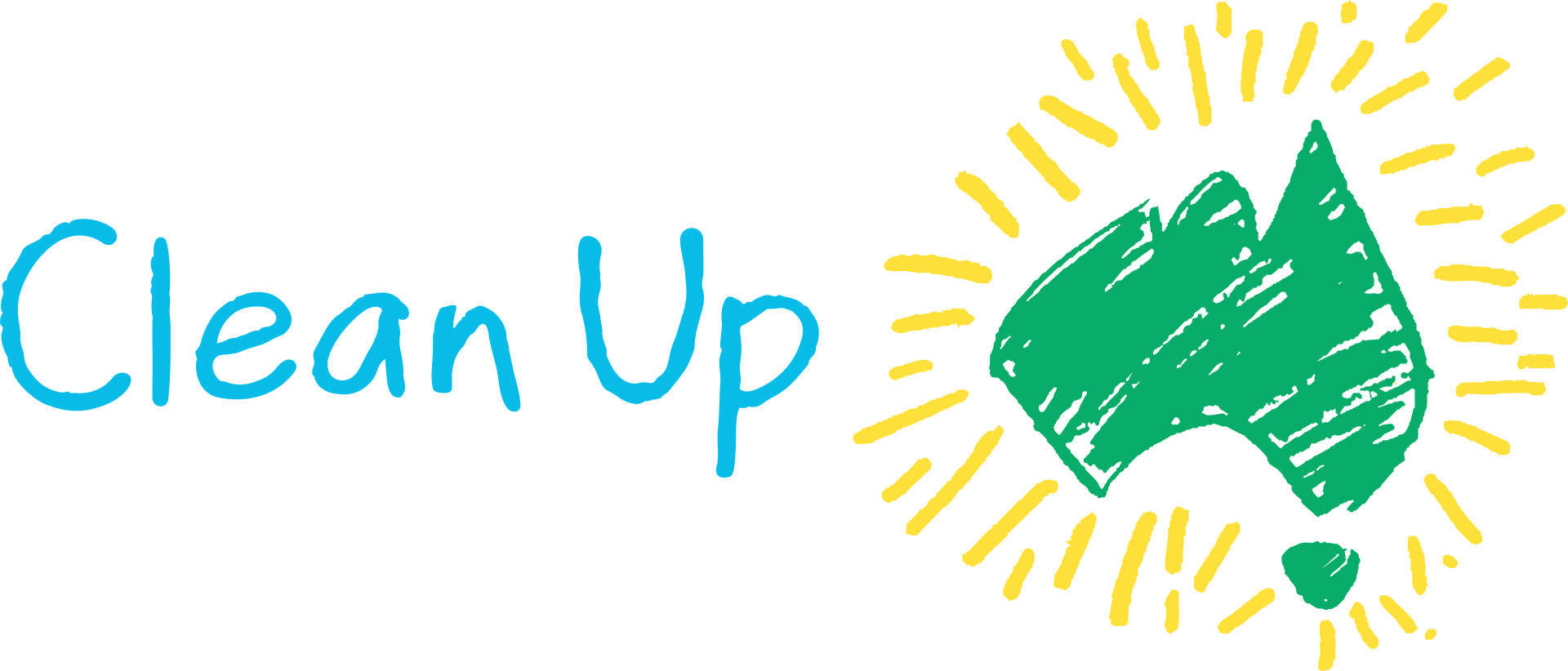Plastic Bags - The Problem
Plastic as a Resource
Plastics are made from non-renewable natural resources such as crude oil, gas and coal. According to the 2002 Nolan ITU Report for Environment Australia on Plastic Shopping Bags - Analysis of Levies and Environmental Impacts; just 8.7 plastic checkout bags contain enough embodied petroleum energy to drive a car 1 kilometre.
Plastic bags are recyclable. If plastic is not recycled, this embodied energy is lost from the resource chain.
Production of Waste in Australia
Australians are the second highest producers of waste, per person, in the world with each of us sending over 690 kilograms of waste to landfill each year (the United States is the highest waste producer). The amount of waste placed in landfill each year in Australia is enough to cover the state of Victoria.
Plastic Waste and Clean Up Australia Day
Plastic has remained the most common category of rubbish picked up on Clean Up Australia day over the last 20 years. In 2017, it made up 35% of all rubbish found. Of the plastic rubbish found, 16.6 % were plastic bags.
What Can I recycle?
There are 2 types of plastic bags:
1. High Density Polyethylene (HDPE) bags - They are the thin singlet bags used by over 80% of retailers, including supermarkets. These can be recycled at most supermarkets. Generally they are not collected through your local kerbside recycling, however one or two local councils are currently trialling their collection - contact your local council first to see if they collect plastic bags.
2. Low Density Polyethylene (LDPE) bags - These are the thicker bags used by less than 20% of retailers, usually for luxury goods. While they can be recycled there are few collection points. Check with your local council to see if they collect LDPE plastics.

How does plastic litter harm the environment?
Many thousands of marine mammals and seabirds die every year around the world as a result of plastic litter. When the animal dies and decays the plastic is free again to repeat the deadly cycle. There are 2 major reasons that plastic bags are particularly problematic in the litter stream:
1. They last from 20 - 1 000 years
2. They escape and float easily in air and water, travelling long distances
Litter Outcomes
Because plastic bags last so long, every year, the number of plastic bags in the litter stream increases. Currently, only 3% per cent of plastic bags used in Australia are recycled.
References
(1) Worldwide Home Environmentalists Network home.vicnet.net.au/~when/plastic.htm (2) Environment Australia, Plastic Shopping Bags - Analysis of Levies and Environmental Impacts (Nolan ITU, 2002) www.deh.gov.au/industry/waste/plastic-bags/bags-analysis.html
What is the Solution?
By following a few simple steps we can stop plastic bags from blocking our drains and creeks, injuring our precious marine life and harming our wildlife.
The focus of the Say NO to Plastic Bags Campaign is to enable shoppers and retailers to reduce the number of plastic bags handed out at checkouts.
If you're a shopper...
It's easy - just Say NO to Plastic Bags when you go shopping. Always take your reusable bags with you and use them at every shop, not just the supermarket.
Tip: buy a reusable bag that folds down so small it can go into any size of bag or pocket. Make it a habit to take it with you whenever you leave the house and that way always have a shopping bag on you.
If you are looking for a stylish alternative try Jack+Jules - well made bags made for every occasion that can be used over and over again.
It's easy - just Say NO to Plastic Bags when you go shopping. Always take your reusable bags with you and use them at every shop, not just the supermarket.
Tip: buy a reusable bag that folds down so small it can go into any size of bag or pocket. Make it a habit to take it with you whenever you leave the house and that way always have a shopping bag on you.
If you are looking for a stylish alternative try Jack+Jules - well made bags made for every occasion that can be used over and over again.




